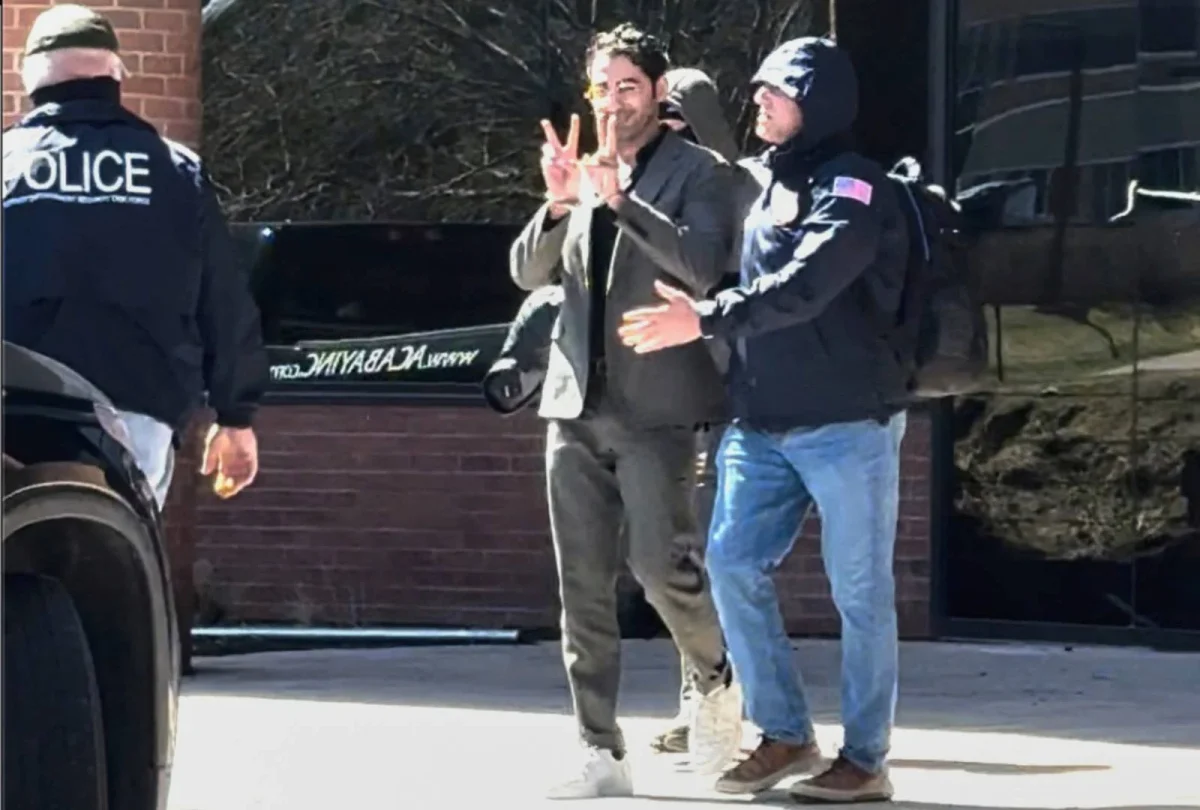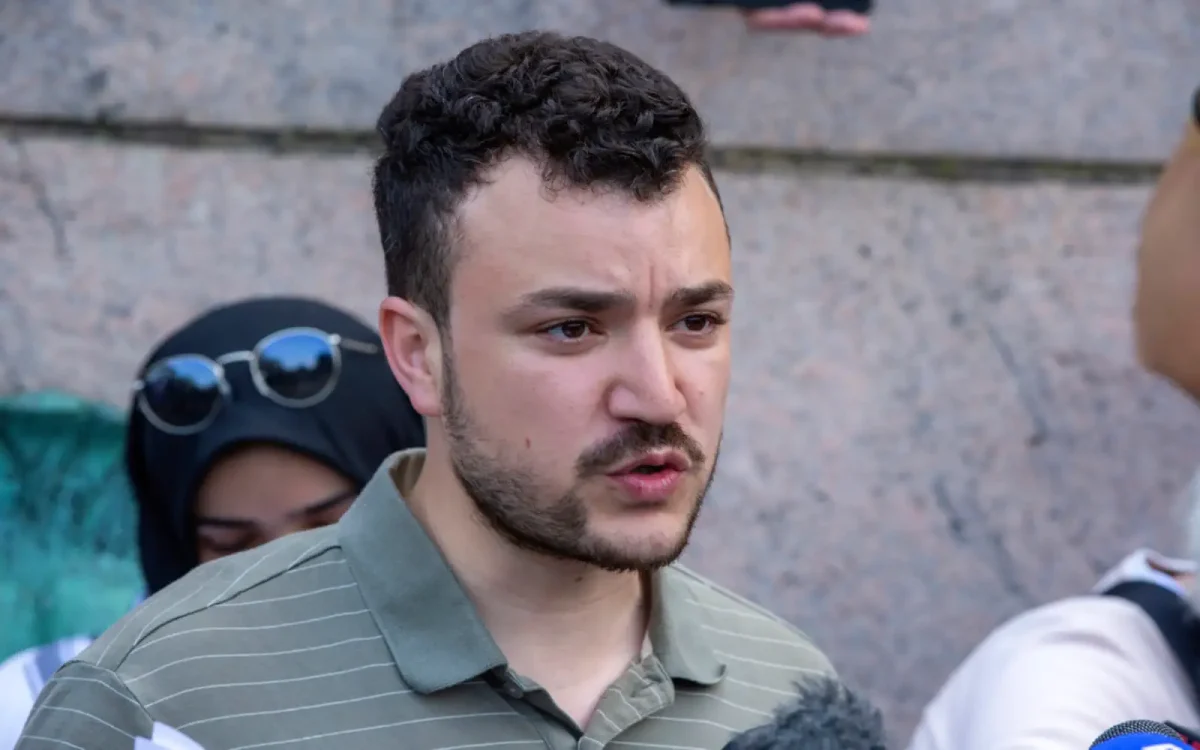Talk show host Glenn Beck’s recent decision to host a religious rally on the 47th anniversary of Martin Luther King Jr’s famous “I Have a Dream Speech” touched off all of the controversy one would expect. Considering that Mr. Beck had previously referred to President Obama as a racist and said before at the rally that his movement was about reclaiming the civil rights movement, it was not surprising that many people felt there was an insulting racial undertone to staging such a rally on that date and in that location.
What is most interesting about the rally itself and the reaction of many of Beck’s supporters is their reverence for the civil rights movement’s legislative legacy, and how it rarely seems to match with their political beliefs even if it does match their moral beliefs. A common response to criticism of the racially monolithic nature of Mr. Beck’s rally was that Beck and his supporters feel like they are closer to the character of Dr. King’s colorblind beliefs than their progressive counterparts due to their opposition to programs like affirmative action. Most if not all of the attendees, and certainly Beck himself also noted their respect for the Dr. King and his memory, and spoke favorably of him and his work for the country.
However, it seems like the conservative contingent that usually attends rallies like Mr. Beck’s would be anything but happy with the way Dr. King and his predecessors made changes to the character of the nation. The majority of most conservative commentators and protesters have been strongly opposed to federal intervention into the affairs of states, and federal intervention was the foundation for much of the progress that civil rights activists made.
During the failed reconstruction period after the American Civil War, problems that would become all too familiar to African Americans like lynchings and Jim Crow laws became much more widespread and serious once the southern states were no longer under the control of the United States Army. The Little Rock Nine, the nine students who sued and won the right to attend an integrated high school were only admitted to the school when then President Dwight Eisenhower federalized the Arkansas National Guard to prevent them from blocking the students from the school. Eisenhower sent the 101st Airborne to Little Rock Central to protect the students from harassment so they would be able to attend the school.
Perhaps most important to the memory of Dr. King’s achievements are the Civil Rights Act of 1964 and the Voting Rights Act of 1965, two acts which involve a high level of federal intervention and resulted in positive changes for African Americans, which he fought so fiercely for. The Civil Rights Act effectively nullified large portions of the law in southern states, outlawing segregation in public places and invalidating many of the Jim Crow laws in the south. The Voting Rights Act once again saw the federal government intervening on behalf of people of color by prohibiting discrimination against qualified voters on the basis of their race.
None of this means African American leaders were always in favor of the actions of the federal government. For example, I have to imagine most activists could have done without the FBI’s COINTELPRO program which tried to disrupt the activities of black activists and spied on both Dr. King and Malcolm X. However, to suggest that Dr. King believed that freedom started at keeping the federal government out of the affairs of states is simply disingenuous. King seemed to believe that all governments had a responsibility to protect the rights of their citizens, no matter what the method and he was not hesitant to demand that the federal government intervene in state affairs to protect African Americans or anyone else.
Continuing the fight for a society that judges people by their character and not their skin color is a goal that almost any American would support. But to suggest that the key to doing that is to demean all the methods used to effectively fight discrimination in the past is unwise. For many people, the idea of federal intervention is a matter of political principles, and they have the right to have their own beliefs. But as former Senator Daniel Moynihan once said everyone has a right to their own opinion, but not a right to their own facts, and the fact is it is hard to imagine an effective civil rights movement without federal power and intervention in the affairs of states.




